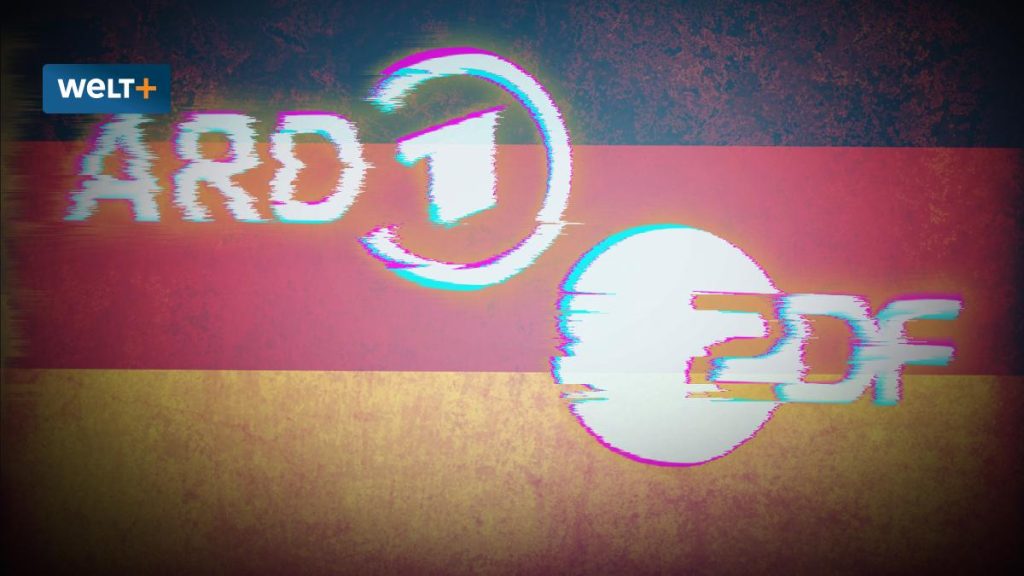A survey conducted for WELT AM SONNTAG has revealed that the proposed increase of the broadcasting fee to 18.94 euros is met with strong opposition among the population. A large majority of respondents are in favor of cost savings, particularly in the salaries of top executives. Surprisingly, the idea of a merger between ARD and ZDF is also largely supported by the public.
The results of the survey suggest that the German population is not in favor of paying a higher broadcasting fee, especially during these uncertain economic times. Many are calling for more transparency and efficiency within public broadcasting organizations, with a focus on reducing costs rather than increasing fees. This sentiment is reflected in the widespread support for cuts in executive salaries and even the potential merger of two major broadcasting networks.
It is clear that there is a growing frustration among the public regarding the current state of public broadcasting in Germany. Many feel that there is a lack of accountability and oversight when it comes to how their broadcasting fees are being utilized. The survey indicates a desire for more concrete measures to be taken to address these concerns, such as implementing stricter cost-saving measures and exploring innovative solutions like a merger between ARD and ZDF.
The idea of merging ARD and ZDF, two of the largest public broadcasting networks in Germany, has sparked considerable interest among the population. While such a move would undoubtedly have significant implications for both organizations, many see it as a viable option for streamlining operations and reducing costs. The fact that this proposal has garnered significant support in the survey suggests that the public is open to exploring new approaches to improving the efficiency of public broadcasting.
Overall, the survey results highlight the need for a more transparent and accountable public broadcasting sector in Germany. The call for cost-saving measures and increased efficiency reflects a broader desire for responsible stewardship of public funds. Whether or not the proposed increase in the broadcasting fee will be implemented remains uncertain, but the survey results indicate a clear preference for alternative solutions that prioritize fiscal responsibility and operational effectiveness.
In conclusion, the survey conducted for WELT AM SONNTAG has shed light on the public’s concerns and preferences regarding the future of public broadcasting in Germany. The overwhelming opposition to a fee increase and the support for cost-saving measures and potential mergers indicate a need for significant reform within the sector. It is now up to policymakers and broadcasting organizations to heed these calls for change and work towards a more sustainable and accountable public broadcasting system.


